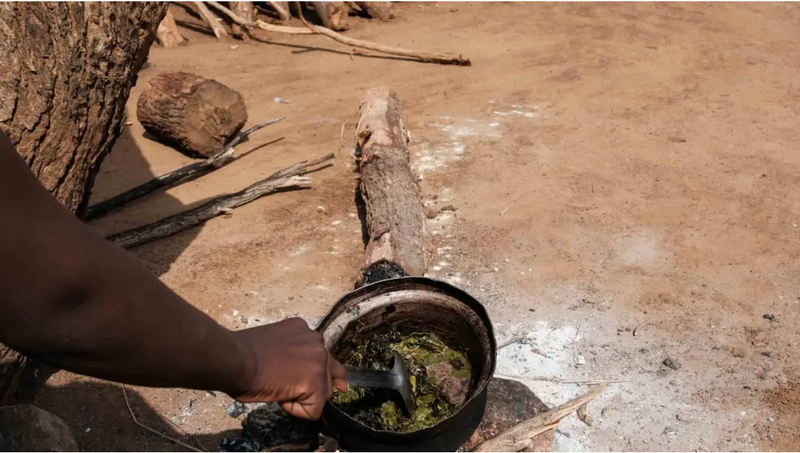India: Rahul Gandhi Disqualified From Parliament After Defamation Case
India's parliament on Friday disqualified senior opposition leader Rahul Gandhi from his membership of Lok Sabha, the country's lower house, a day after he was sentenced to two years in prison in a defamation case.

Facts
- India's parliament on Friday disqualified senior opposition leader Rahul Gandhi from his membership of Lok Sabha, the country's lower house, a day after he was sentenced to two years in prison in a defamation case.1
- Gandhi, who was at the official residence of his mother Sonia Gandhi — the longest-serving president of the Congress party — when the parliament notice became public, will now have 30 days to vacate his official residence.2
- This parliamentary decision can be reversed if a higher court judge grants a stay on the conviction or rules in his favor. The court in Surat sentenced him, granted him bail, and suspended the ruling for 30 days to allow his appeal.3
- The case dates back to 2019, when Gandhi said during an election rally that "all the thieves have Modi as their common name" as he attempted to compare Prime Minister Narendra Modi to fugitive criminals.4
- Unless his conviction is overturned, his disqualification will also mean the opposition leader won't be allowed to contest elections until his sentence is complete. The next national elections are scheduled for next year.1
- The ruling Bharatiya Janata Party (BJP) has been widely accused of using the defamation law to silence critics, with the most recent case being the latest in a series of filings against Gandhi, who is Prime Minister Modi's top political opponent.5
Sources: 1BBC News, 2Reuters, 3The Times of India, 4ITN, and 5Al Jazeera.
Narratives
- Narrative A, as provided by New York Times. This is without question a politically motivated case against Prime Minister Modi's top election opponent. The ruling government headed by Modi, who touts India as "the Mother of Democracy," has prosecuted several politicians, though, conveniently, none have been against members of the BJP. Modi and his accomplices are eradicating decent in journalism and government, paving the way for an indefinite period of illegitimate one-party rule.
- Narrative B, as provided by India TV News. The judgment shows no one is above the law and can escape due judicial process for scurrilous statements, scandalous comments, and defamatory remarks. The fact that India is a democracy does not allow a citizen to throw inflammatory abuses at anyone. The sentence will set a precedent that insulting people by citing their caste or targeting them for their surname is inexcusable, even for politicians. Rahul Gandhi must learn a lesson from his conviction and choose his words before speaking in the future.






